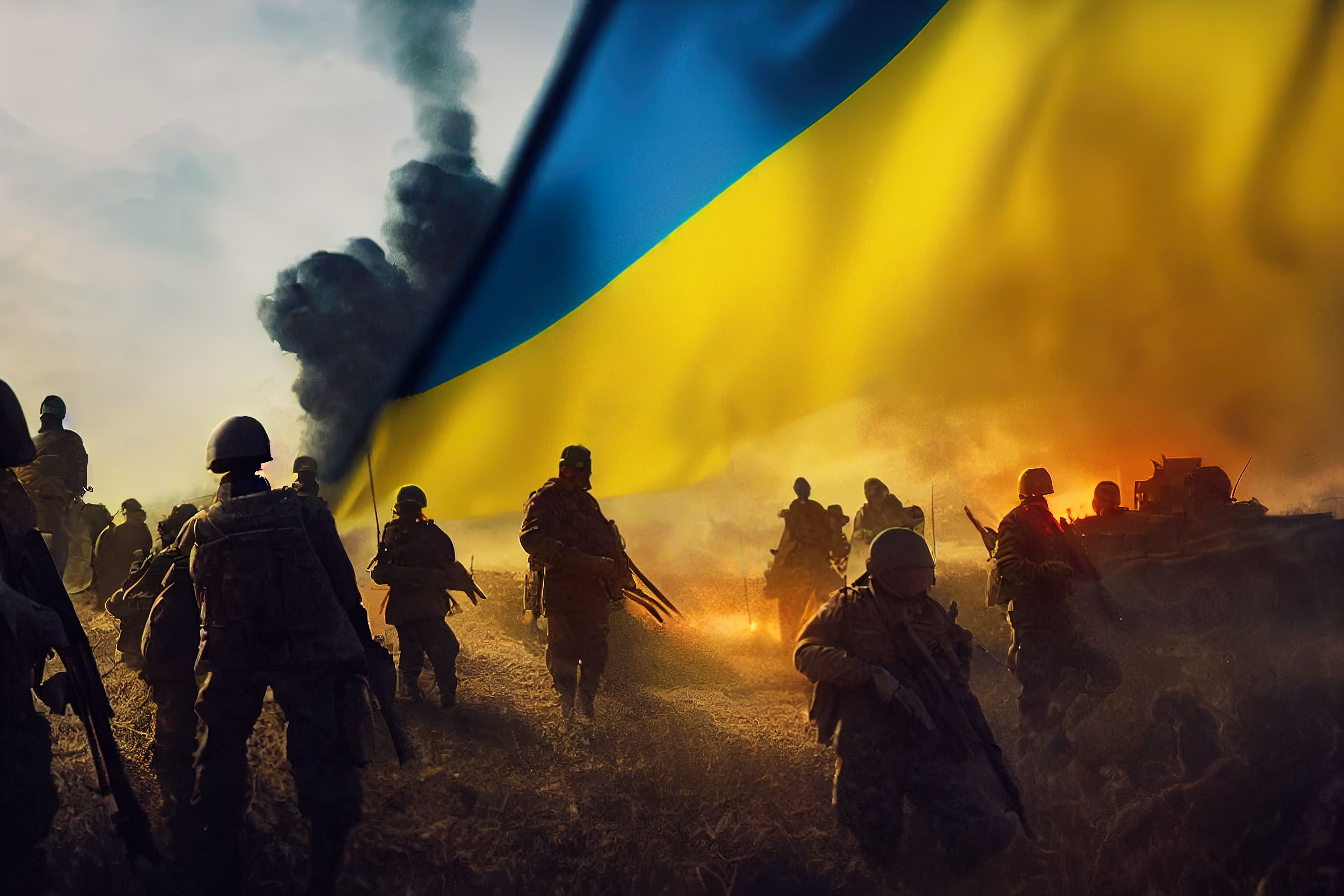Is Russia ‘Inspecting’ US Spy Satellite With New Space Weapon? Amid West’s Deepening Role In Ukraine, Russia Starts Nuclear Drills; But Is The World Losing Interest In Ukraine War?

Last week, Russia is said to have purportedly launched its Cosmos 2576 ‘inspector’ satellite, reportedly positioning it in the trajectory of a US spy satellite.
US intelligence has evaluated the Russian spacecraft as a potential weapon with capabilities for inspecting and potentially attacking other satellites. The US Space Command disclosed the launch of this alleged Russian space weapon on Tuesday, which raised concerns and media attention.
According to reports from a news agency, the Russian satellite is shadowing an American spy satellite in orbit.
The launch, which occurred on May 16, involved a Russian Soyuz rocket deploying multiple satellites, including the Cosmos 2576, into low-Earth orbit.
US officials have categorized the Cosmos 2576 as a type of Russian military “inspector” spacecraft, noting past instances of what they perceive as reckless behaviour in space.
A spokesperson for USSPACECOM stated that the US has been monitoring the activities of the Russian spacecraft. Their assessment suggests it’s likely a “counter-space weapon” capable of targeting satellites in low Earth orbit.
Moreover, the spokesperson stated that Russia positioned this new counter-space weapon “into the same orbit as a US government satellite.” This development echoes similar tactics Russia employed, deploying satellites close to sensitive American spy satellites.
The May 16 Russian space launch also included civilian satellites dispatched to various orbits. An analyst following the Russian space program expressed surprise at this amalgamation of military and civilian payloads during the launch, a departure from previous practices.
As of the latest information, Cosmos 2576 hasn’t approached a US satellite directly. However, analysts have noted its presence in the same orbital plane as USA 314, a National Reconnaissance Office (NRO) satellite launched in 2021.
The NRO oversees US spy satellites. Cosmos 2576 appears to be trailing the orbital path of this American satellite at a faster pace, potentially leading to a closer rendezvous between the two spacecraft in the future.
Furthermore, Cosmos 2576 shares similarities with Russian satellites launched in 2019 and 2022, which the US has also designated as counter-space weapons.
According to reports, the 2019 Russian satellite ejected an object into space and closely trailed an NRO satellite, suggesting similar behavior to the current situation.
What Is Cosmos 2576
The Cosmos 2576 ‘inspector’ satellite is a Russian spacecraft purportedly designed for reconnaissance and inspection purposes.
However, according to US intelligence assessments, it’s believed to have capabilities beyond inspection, potentially serving as a weapon capable of targeting and potentially damaging or disrupting other satellites in space.
Russia-Ukraine
Meanwhile, reports suggest that Russia initiated nuclear drills as Western involvement in Ukraine intensifies.
The Defense Ministry announced on Tuesday the commencement of exercises involving tactical nuclear weapons, a response to recent statements from senior Western officials indicating potential deeper engagement in the conflict in Ukraine.
As per the ministry’s statement, the initial phase of the drills focuses on practical training related to the preparation and deployment of non-strategic nuclear weapons, including the Kinzhal and Iskander missiles.
These exercises are said to be occurring in the Southern Military District, including Russian territories in the south, bordering Ukraine, Crimea (annexed by Russia in 2014), and parts of Ukraine seized by Russia in 2022.
The drills were initially declared on May 6, with the Defense Ministry citing provocative statements and threats from certain Western officials as the impetus.
Tactical nuclear weapons, such as air bombs and warheads for short-range missiles, are designed for battlefield use, differing from the more destructive strategic weapons used in intercontinental ballistic missiles for city-wide devastation.
The announcement follows remarks from French President Emmanuel Macron and UK Foreign Secretary David Cameron suggesting potential military actions in Ukraine, including the deployment of British long-range weapons.
The Kremlin condemned these statements as dangerous, deepening tensions between Russia and NATO.
Kremlin spokesperson Dmitry Peskov attributed the nuclear drills directly to Macron’s comments and similar statements from British and US officials, characterizing them as a new escalation in the conflict.
 Is The West Losing Interest In The Ukraine War?
Is The West Losing Interest In The Ukraine War?
The level of interest in the Ukraine war from the West and the rest of the world seems to have fluctuated over time and this can be attributed to various factors.
Initially, when the conflict erupted in 2022, the international community, particularly Western nations, responded with condemnation and sanctions against Russia.
There was significant attention on the situation, with diplomatic efforts aimed at resolving the crisis and supporting Ukraine’s sovereignty.
However, over the years, as the conflict has persisted without a clear resolution, the attention from the West and the broader global community has waxed and waned.
So, what has contributed to this shift in interest?
The geopolitical arena is ever-shifting, and as new conflicts and problems have erupted in parts of the world, often competing for attention, the focus of policymakers and media often shifts, and perhaps the same has happened in the case of the Ukraine conflict.
Another reason could be that prolonged conflicts often lead to “conflict fatigue” among the public and policymakers, where there is a decreased appetite for sustained engagement or intervention.
The Ukraine war, now entering its third year, may have contributed to a sense of weariness among some observers.
Despite diplomatic efforts and sporadic flare-ups of violence, the conflict in eastern Ukraine has reached a stalemate, with no clear pathway to resolution, and perhaps this lack of significant developments has led to a diminished sense of urgency in addressing the crisis.




